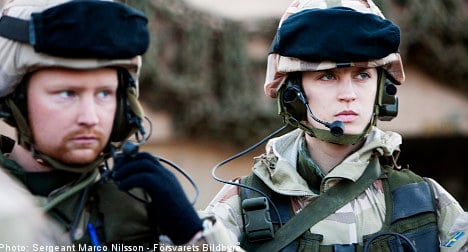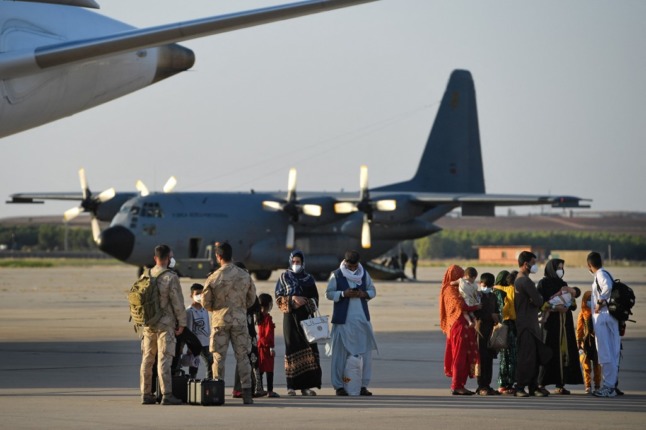According to the poll, 48 percent are now in favour of Sweden’s participation in the UN operation in Afghanistan, with those against dropping to 26 percent.
When SVT Rapport/Synovate conducted a similar survey at the end of October, 34 percent of Swedes were in favour of the troops deployment, while 37 percent were against.
The new survey has been carried out during the past week, following the extensive coverage given to the killing of 28-year-old Captain Johan Palmlöv and 31-year-old Lieutenant Gunnar Andersson near Mazar-e Sharif last Sunday.
“I think the very tragic events we have witnessed have deepened the feeling among the Swedish people over both the seriousness and the necessity for our deployment,” Prime Minister Fredrik Reinfeldt told the SVT Rapport news programme on Tuesday evening.
The new poll indicates that even among Left Party voters, the only parliamentary party openly opposed to the Afghanistan operation, support for the troops involvement has increased dramatically.
In October, only 18 percent of Left Party voters were in favour of the operation but in the new poll 42 percent backed it; although 43 percent remained opposed.
Among voters for the centre-right parties, support has increased – from 42 to 63 percent.
The only voter group which has not changed position on the issue are those backing the Green Party, with 27 percent in favour and 45 percent against – the same figures as in the previous poll.
Synovate interviewed 1,000 Swedes during the course of last week and asked: “Are you for or against Sweden’s participation in the UN’s military operation in Afghanistan?”



 Please whitelist us to continue reading.
Please whitelist us to continue reading.
Member comments